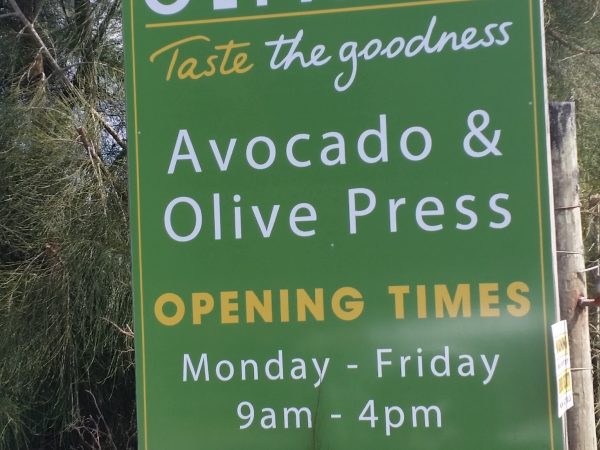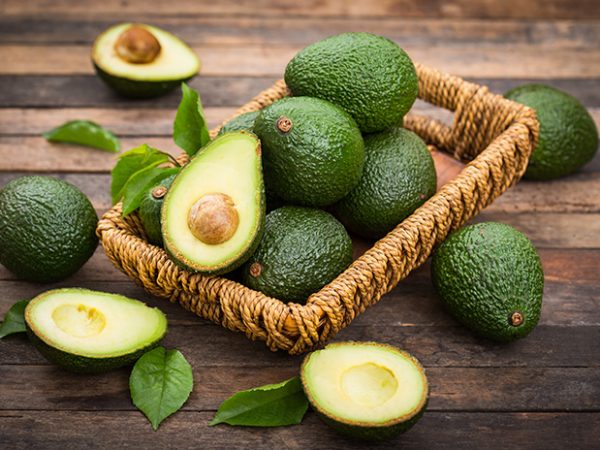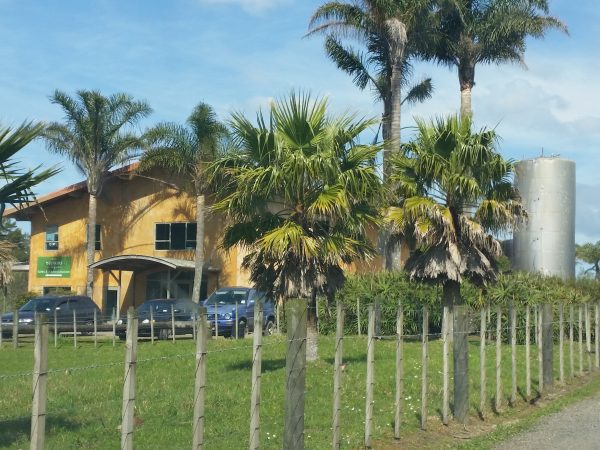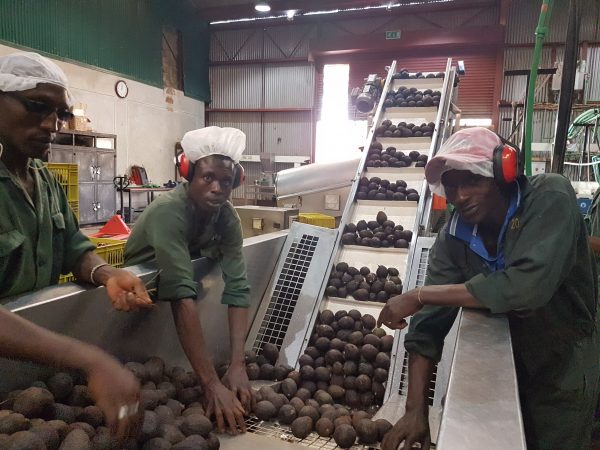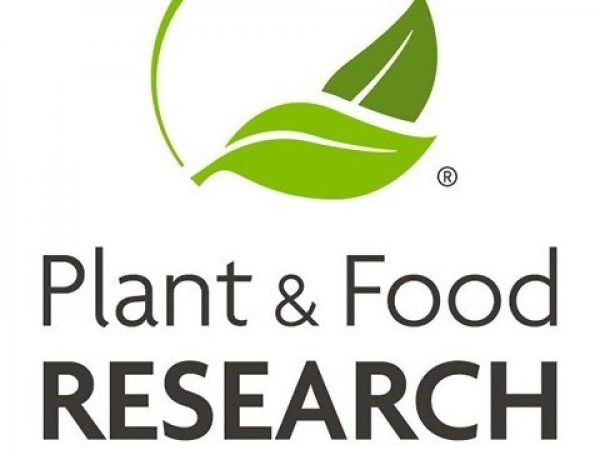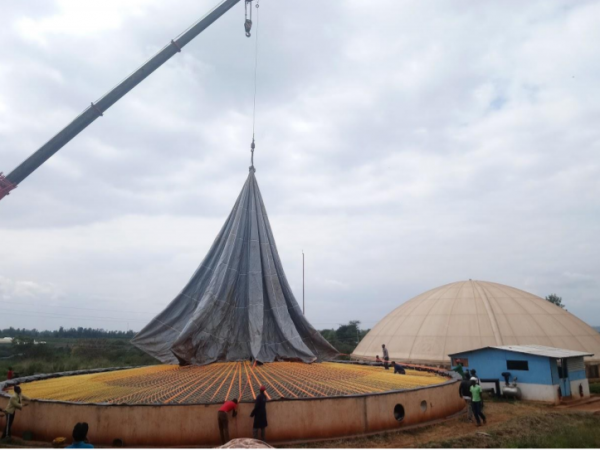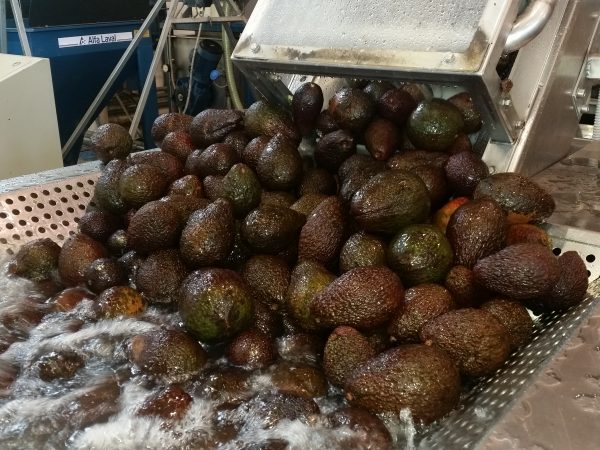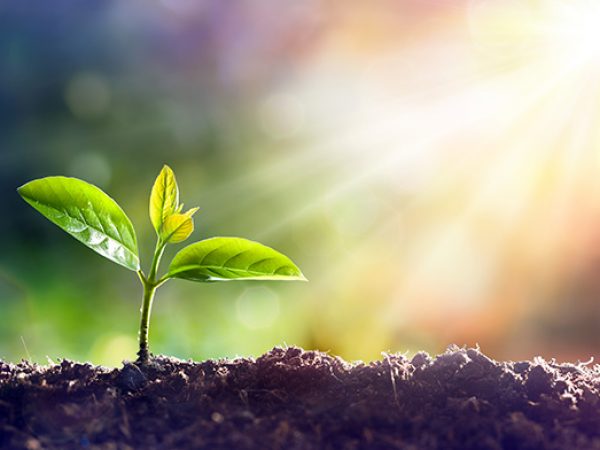Let's start at the beginning...
Olivado began in the year 2000 as the brainchild of an enterprising team of chefs and scientists.
Where it all began...
At the top of New Zealand’s North Island, nestled in the stunning Bay of Islands, lies the small town of Kerikeri.
It was here that a remarkable team of people got together to perfect the process of extracting oil from avocados.
This was the beginning of an endeavor that would revolutionise the industry.

OLIVADO IN KENYA
The Kenya story
Our global search began for the best place in the world to grow avocados according to Olivado principles… Kenya was the answer.
The perfect place to grow...
It wasn’t long before it became apparent that the avocado supply in New Zealand was insufficient to keep up with the growing international demand for our extra virgin avocado oil.
After a long search, we found the Central Highlands of Kenya perfect for growing avocados, and set about working with the local farmers to start a production plant managed and staffed by Kenyans.

SUSTAINABILITY
Olivado's commitment to sustainability
Good for the planet, good for farmers, good for you.
Doing our bit for the planet...
Olivado are leading the way in the avocado industry with our approach to regeneration, sustainability, and converting all waste to energy.
We are carbon-neutral, sustainable, and biodiverse – a first for the cooking oil industry.
We believe in doing no harm to people or planet, and so are going beyond sustainability with innovative strategies that eliminate any environmental impact from our oil production and even bring about positive results.
Our aim is to improve the lives of our suppliers, reduce our use of fossil fuels, and make life better for everyone in the production process.

BIOGAS PLANT
Biogas - a smart, sustainable solution
The biogas project was the perfect solution to the problem of how to deal with the factory’s organic waste.
The Kenya Biogas Plant...
Our factory in Murang’a, Kenya is on the cutting-edge of sustainable practices thanks to the Olivado Biogas Project.
These two huge domes collect all our factory’s waste and turn it into fuel, powering the factory and vehicles, making our entire operation completely sustainable.

CERTIFIED ORGANIC
Certified Organic avocados
Olivado’s factory, and the farmers who supply the avocados, are certified organic.
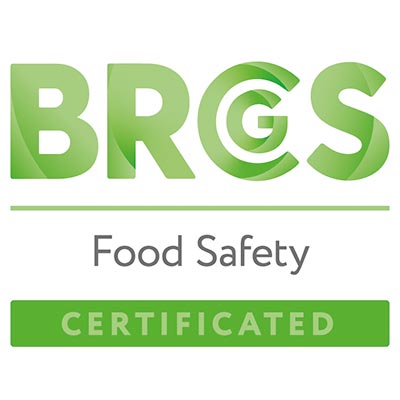
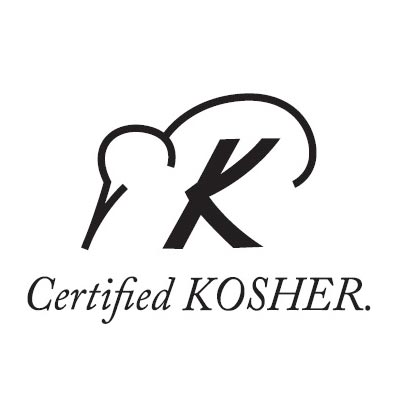
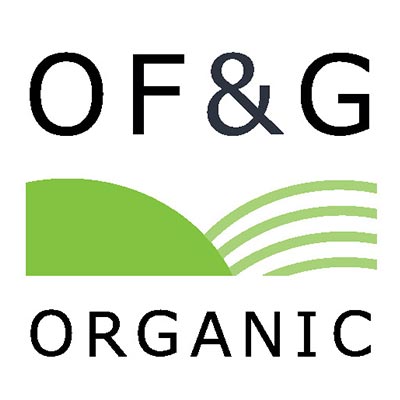
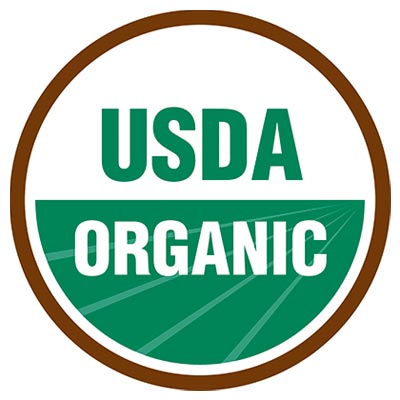
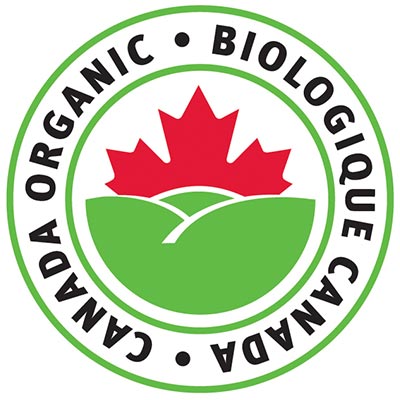
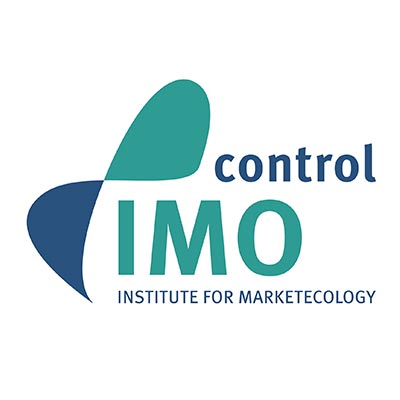
Our Organic Farmers...
We proudly train our farmers in organic growing techniques and then have them certified by an international accrediting agency, raising the standard of living for themselves, their families, and their communities.
Our field officers work closely with the farmers year-round, ensuring that they understand the requirements of their organic status and providing education in farm management, organic fertilizing, and pruning.

FAIR TRADE AND LOCAL
Fair Trade - Caring for our farmers
We believe in equality, fairness, and accountability, which is why all our produce is Fair for Life as well as certified organic by EcoCert IMO.
Helping farmers and communities to prosper...
Olivado buys our avocados directly from small bio-diverse farms, paying a premium set price, thus bypassing brokers and guaranteeing the farmers a regular income.
We have improved the livelihoods of our farmers through increased income, enabling them to purchase and maintain livestock, educate their children, and build quality homes.
We have created 500 direct jobs and thousands of indirect jobs, both at the factory and on the farms, and our advance produce payments help farmers meet immediate needs and emergencies such as hospital bills and school fees.
Skills in plant propagation and general crop management have been enhanced within the local community which has lead to improved quality and productivity of avocados and other crops.

The Olivado Timeline
Follow our timeline and discover how we went from our humble origins in Kerikeri back in the year 2000, through to today and our position as the world’s largest extra virgin avocado producer!
- 2000
- 2006
- 2007
- 2010
- 2013
- 2018
- 2019
- 2020
-
2000
The Olivado journey began in a little town called Kerikeri on New Zealand’s North Island.
It was here that we pioneered a new way of extracting oil from avocados.
Fast forward to today, and we are the world’s largest producer of Extra Virgin Avocado Oil.
-
2006
After only a few short years, it had become apparent that the avocado supply in New Zealand was insufficient to keep up with growing international demand for our Extra Virgin Avocado Oil.
To continue to grow, we needed to look abroad for a new source for our oil.
-
2007
After considerable research in Australia and South America we selected the central Highlands of Kenya as the base for our second avocado oil production plant.
In 2007 we started working with the local farmers and opened a temporary facility near Nairobi, managed and staffed by Kenyans.
-
2010
After a successful couple of years in Kenya, it was time to build a new production plant in Murang’a near Thika.
We started with 1350 small farm holdings, supplying us with fair trade organic avocados.
The new facility gave us the capacity of producing 900MT of Organic Extra Virgin Avocado Oil per annum.
-
2013
We started a successful collaboration with Plant and Food NZ, using the latest innovative science to improve the way they grow, harvest, and share food.
This helped improve yields of avocado fruit in Kenya, while at the same time building on our sustainability practices.
-
2018
In 2018 we built a biogas plant at our factory in Kenya to find a responsible and sustainable solution for dealing with the waste the factory produces.
This ground-breaking plant uses all our waste, producing 286,000 litres of diesel equivalent, or 1.5 kWh of energy, making our operation totally sustainable.
The biogas is used to power the factory and as a fuel for our vehicles, even producing fertilizer as a by-product.
-
2019
As the demand for our award-winning Extra Virgin Avocado Oil continues to grow, so do we.
It was time to build our third production plant, this time in Tanzania.
-
2020
We believe in doing no harm to people or planet, and our aim is to improve the lives of our suppliers, reduce our use of fossil fuels, and make life better for everyone in the production process.


